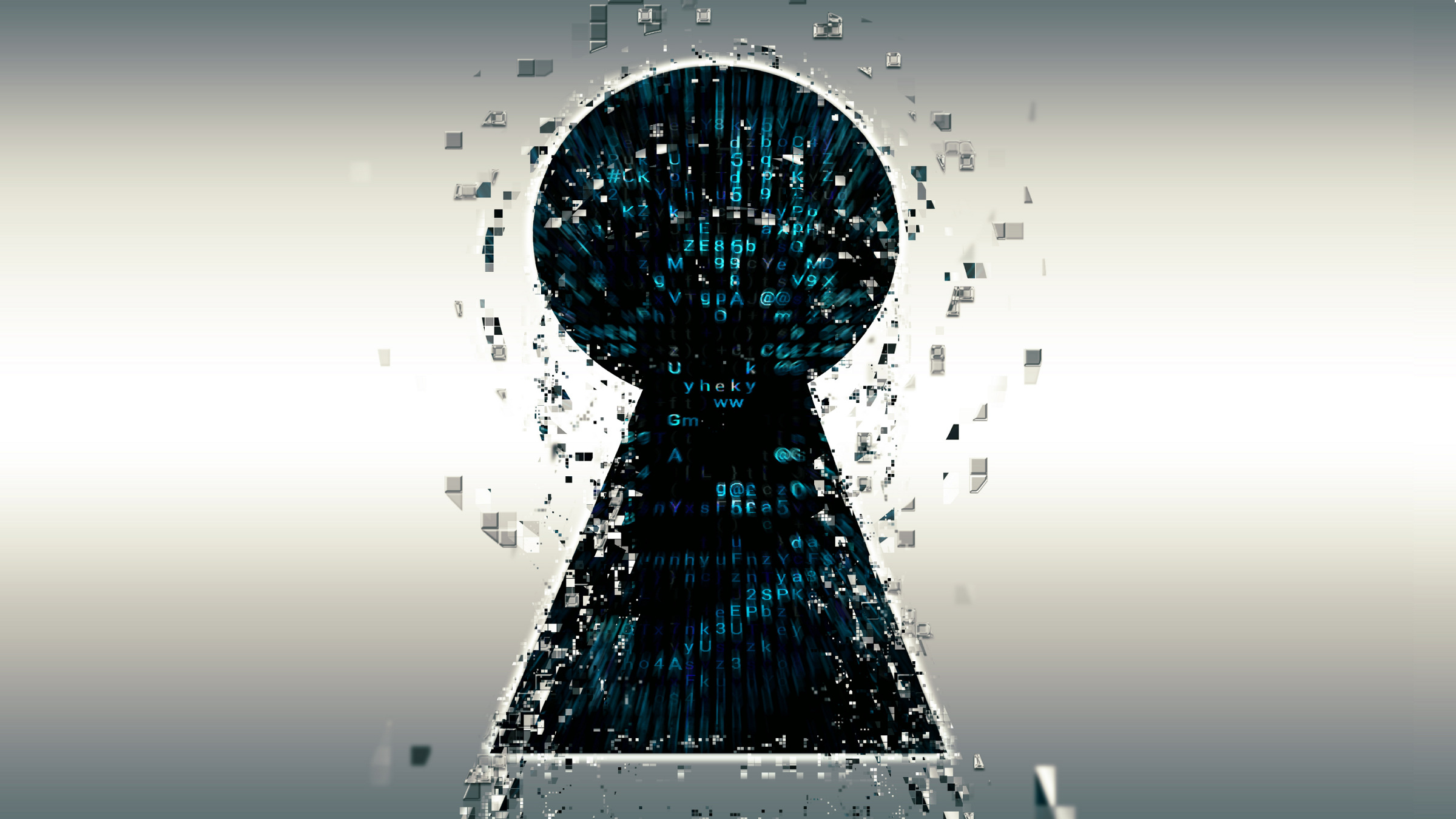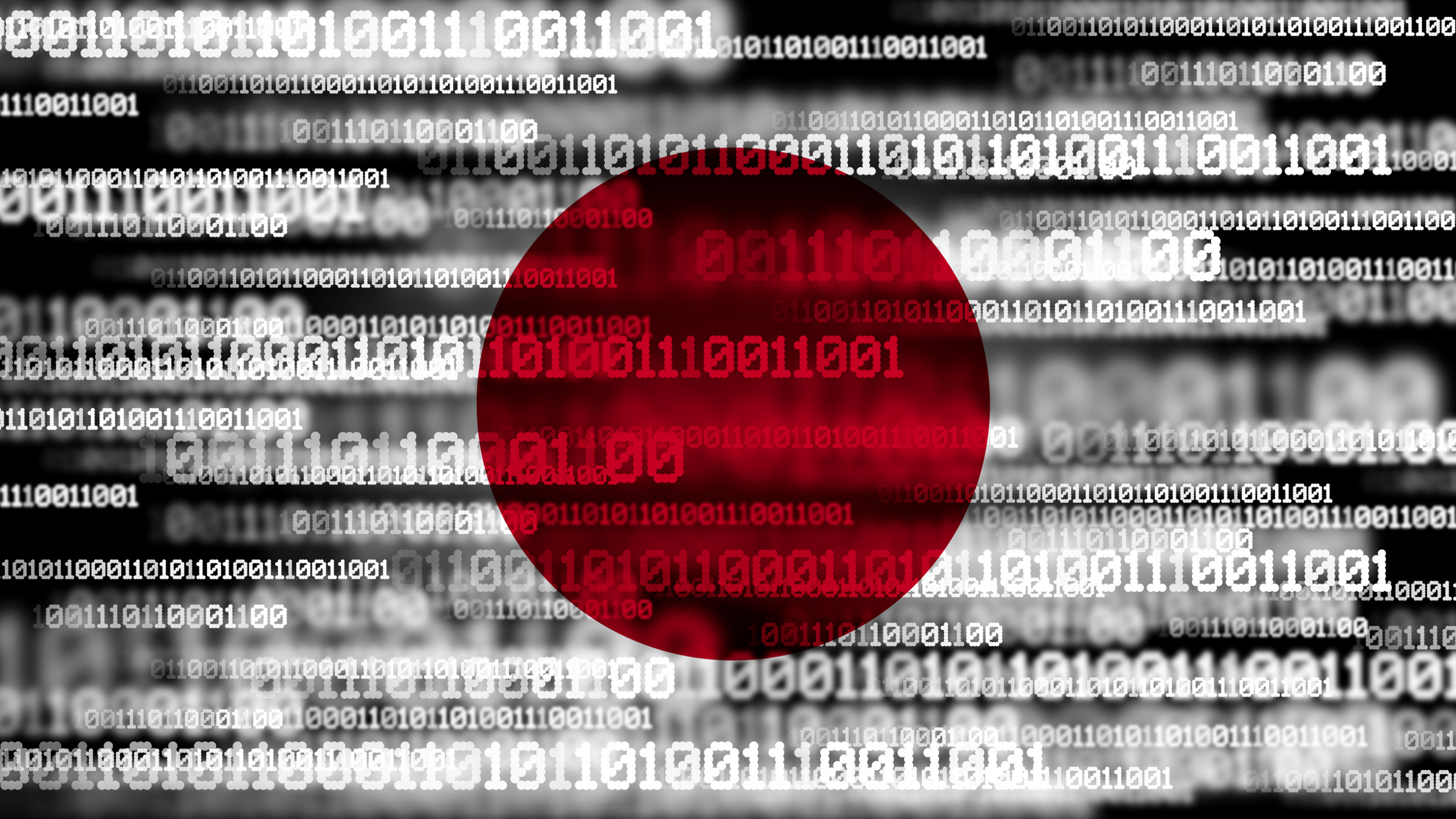
In 1985, Garry Kasparov became the youngest-ever undisputed World Chess Champion at age 22, by defeating then-champion Anatoly Karpov. In 1997, he became the first such champion to lose a match to a computer under standard time controls when he was beaten by IBM supercomputer Deep Blue in a highly publicized match. Since retiring from professional chess in 2005, Kasparov has devoted his time to politics and writing.
In an Amsterdam hotel, I recently spoke with Kasparov about his new book, "Deep Thinking: Where Machine Intelligence Ends and Human Creativity Begins."
Bennie Mols: What was your motivation for writing the book?
Garry Kasparov: I want to make people think realistically about the relation between humans and machines, without being overjoyed or too fearful. To this I wanted to add my personal story of playing against chess computers that evolved from laughably weak to practically unbeatable.
The book is more about posing the right questions than about providing answers. People concentrate too much on the negatives: jobs being lost, machines taking over. I say, what about the upsides? Essentially, my book is a story of humans plus machines, not of humans against machines.
BM: What can we learn from your experience in playing chess against computers?
GK: First of all, any game, no matter how complex, will be conquered by the machine, but we have to make a distinction between solving and conquering. Machines will never solve chess or Go, because the number of possible moves is just too big. Machines will become unbeatable by humans not because they are impeccable, but because eventually they play without making serious mistakes, whereas humans still do.
BM: What does this mean for the interaction between humans and machines in other fields?
GK: Anything that humans know how to do, they can encode and, in this way, eventually machines will do a better job than humans. Machines will become better drivers; machines will become better medical experts. But that doesn't mean that it's 'game over' for humans. Even if you lose against a machine, like I did to Deep Blue in 1997, it's not the end of the world. Lick your wounds and learn from it.
BM: What is there to learn from that experience?
GK: Machines have instructions; humans have purpose. I think intelligent machines will force us to recover the spirit of innovation. We should look for areas where we can make a difference by coming up with revolutionary ideas. That's why I say that where machine intelligence ends, human creativity begins.
Take the exploration of the deep sea, or deep space; that's where we have to make decisions not based on data. That's where we need the spirit of adventurous exploration. That will be for humans.
BM: Can machines be creative?
GK: It depends on what we mean by "creativity." Do we mean the process, or the result? I would say, the result is everything, and in that sense, machines can be creative, too. As long as a machine does a better job than a human, whether it is in chess, Go, or whatever, that's okay. We shouldn't be too demanding about the process. Machine creativity can be different from human creativity.
I think it is futile to reconstruct the biological brain in a machine. It will be a kind of frozen form without a body, but the body matters for the brain.
BM: How do you see the future of smart machines?
GK: If you need to go to the hospital for a medical scan, will you trust a machine or a doctor to read the scan? I think you will trust the doctor who knows how to use the machine. In the future, experts will become operators, like an airplane pilot operating together with an auto-pilot.
Tiny bits of humanity can make machines more powerful. Take online translation; let's say at 80% accuracy, machines do a very good job. Maybe we can get to 85%, 90%, 95%, but will machines ever get to 100%? No. The last decimals will get more and more difficult. This is where humans can make the difference. Weak human plus machine plus better process is far superior to strong human plus machine plus inferior process. That's what we learned from chess tournaments where humans were allowed to use chess computers. Some refer to this as "Kasparov's Law," and I am sure it is valid not just in chess, but in all fields of human-machine cooperation.
BM: Last question: what will be the impact of smart machines on society in general?
I urge people to stop dividing politics, society, and technology. Globalization not only means open trade; globalization means that all elements of human life are being merged. A Brexit in England or the election of Trump in the U.S. affects other countries. The moment we are afraid of changes, we open doors for those who say, "we know how to fix it, let's stop technological progress." That's just going to make things worse. That's why the positive vision I hope to communicate with my book is important.
In the long run, we all benefit from phenomenal technological progress. Smart machines can make us more human, and help us to solve big societal challenges.
Bennie Mols is a science and technology writer based in Amsterdam, the Netherlands.



Join the Discussion (0)
Become a Member or Sign In to Post a Comment